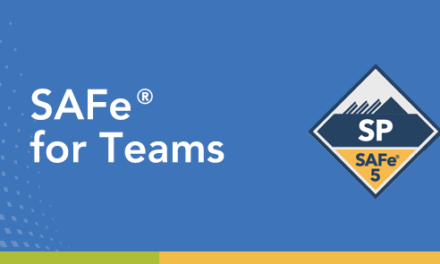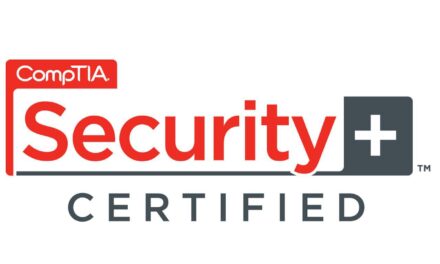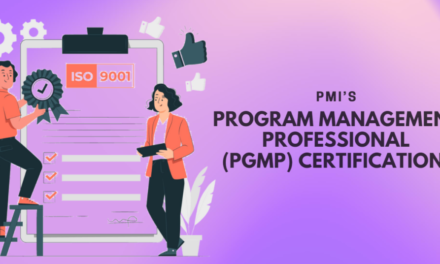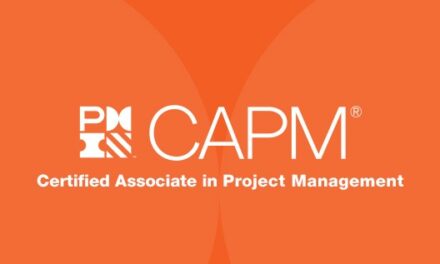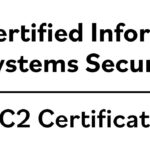
PMP® Certification
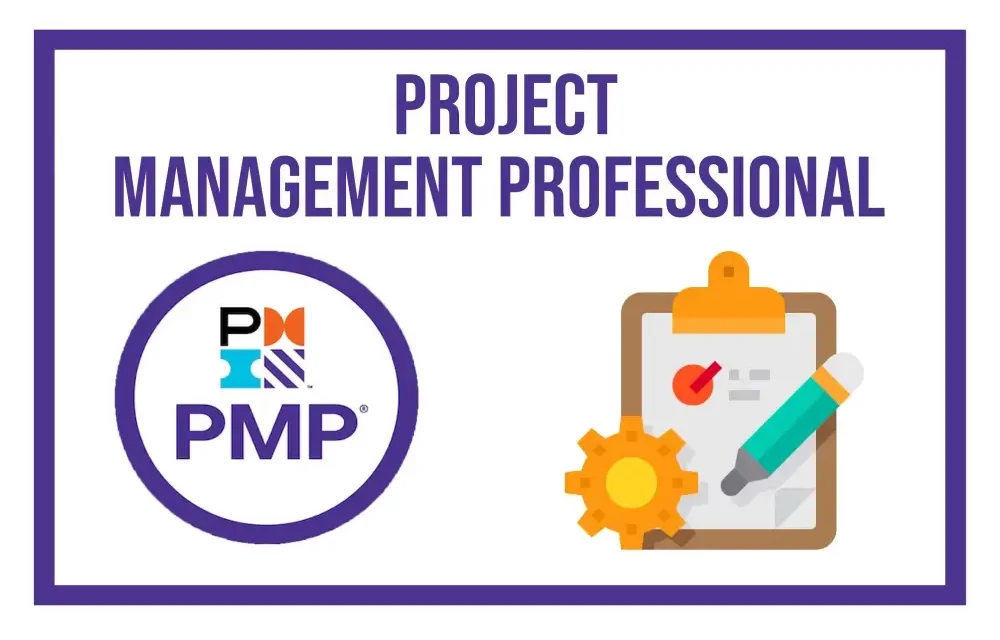
The Project Management Professional (PMP®) certification, offered by the Project Management Institute (PMI), is one of the most recognized and respected credentials in project management. It is designed for individuals who wish to demonstrate their expertise in managing projects, leading teams, and ensuring project success across a variety of industries. The PMP® certification is globally acknowledged and helps professionals enhance their credibility, marketability, and ability to lead successful projects.
The PMP® focuses on key areas of project management, following the guidelines of PMI’s PMBOK® Guide (Project Management Body of Knowledge), which outlines the five key process groups: Initiating, Planning, Executing, Monitoring & Controlling, and Closing. It covers a wide range of project management methodologies, including Waterfall and Agile approaches, making it relevant for different project environments.
Key focus areas include:
- Scope, Time, and Cost Management: Ensuring projects are delivered on time, within scope, and on budget.
- Quality Management: Maintaining high standards throughout the project lifecycle.
- Risk Management: Identifying, assessing, and mitigating risks to prevent project setbacks.
- Communication and Stakeholder Management: Keeping all parties informed and engaged.
- Leadership: Effectively leading teams and managing resources.
To be eligible for the PMP® exam, candidates need a combination of education and experience. For candidates with a four-year degree, 3 years of project management experience and 35 hours of project management education are required. For those without a degree, 5 years of experience is needed.
The PMP® exam consists of 180 questions and covers both predictive (Waterfall) and adaptive (Agile) project management approaches. Earning the PMP® certification helps professionals stand out in the job market, enhances their leadership skills, and boosts their ability to manage successful projects in any industry.

